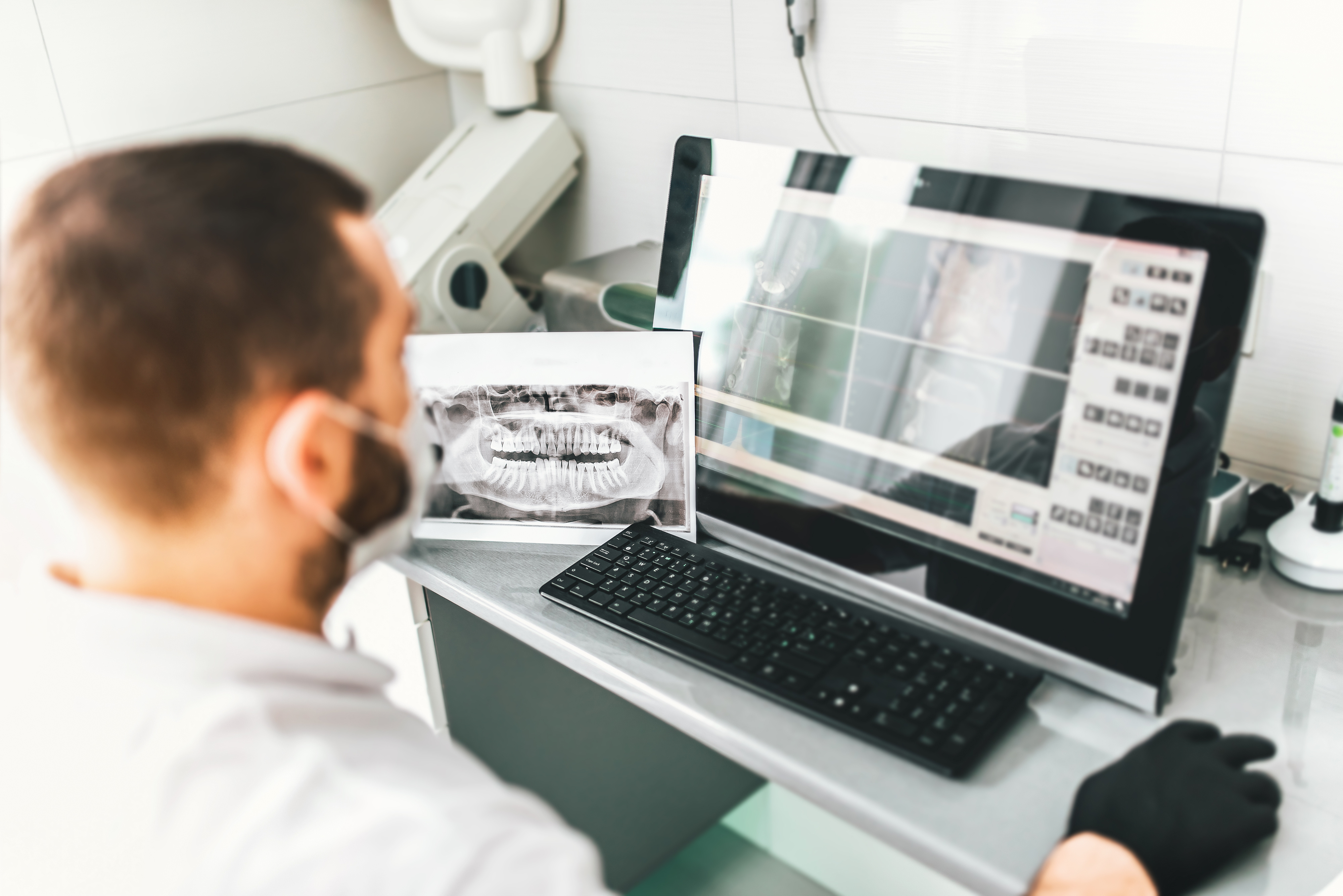Protecting a child’s health is important to all parents, and one crucial element of achieving that goal is good dental hygiene practices. But when should you bring your child in for their first dental check-up? Read on for the answer to that question and to learn about the benefits of visiting a pediatric dentist.
Appropriate Age for Children’s Dental Exams
Your child should come in for their first check-up with a dentist when they are 12 months old or within six months of their first tooth growing in. This will help catch any problems early so they can be treated accordingly before they grow any more severe. Your child’s first visit will be quick, typically taking a half hour and 45 minutes.
Benefits of Good Dental Hygiene
Healthier Teeth and Gums
The most apparent benefit of coming in for regular check-ups is protecting the health of your child’s teeth and gums. Your child will be protected from tooth decay, gum disease, and other dental health issues. Because these problems can worsen if left untreated, keeping up with your child’s dental health visits is essential.
Uninterrupted Learning
When a child has a cavity or other dental issue, it might involve missing school to treat the problem or recover from a procedure. This can lead to the child falling behind on their education and coursework. Children with good dental hygiene typically miss less school than those with poor dental hygiene.
Greater Confidence
Along with the tangible benefits of good dental hygiene, the benefits it has for your child’s outlook, and self-esteem can’t be ignored. A smile they can feel good about will work wonders for your child’s confidence. This will allow them to approach any challenge they face in life feeling ready to overcome it.
Find a Pediatric Dentist Near You
Want to learn more about maintaining your child’s hygiene to keep their teeth healthy? We have the resources you need to educate yourself about your child’s dental health needs. Visit Wilson Pediatric Dentistry today to learn more about our services.



